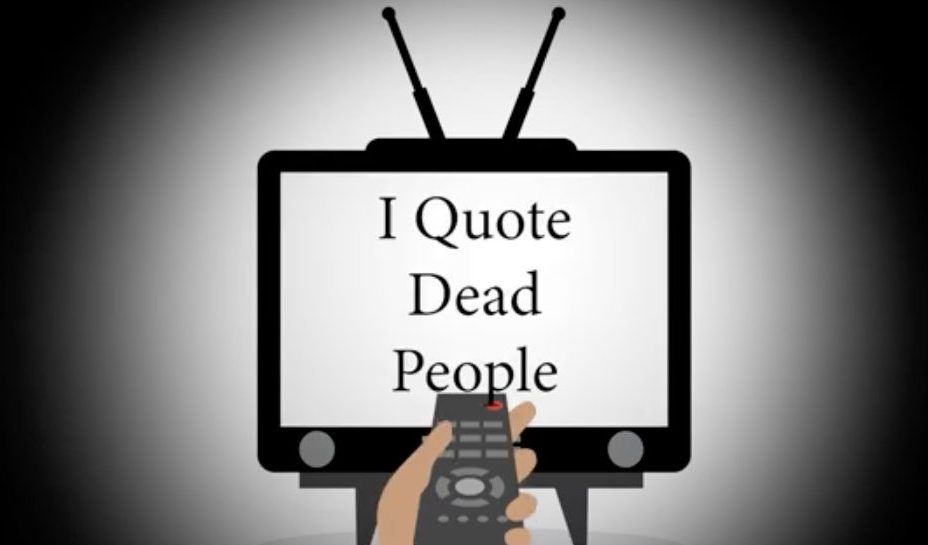Whether I’m quoting my father, my third-grade teacher, Abraham Lincoln, or Aristotle who died in 322 BCE, what matters is the lesson we can extract from their words. This realization led me to adopt my standard explanation before referencing someone who has passed away or whose name might not ring a bell with my audience.
Wisdom That Stands the Test of Time
Throughout my career as a customer service and experience expert, I’ve collected powerful quotes that perfectly capture essential business principles. Here are some of my favorites that I regularly incorporate into my keynote speeches:
- Leonardo da Vinci: “Simplicity is the ultimate sophistication.” Companies that create easy, straightforward customer experiences will consistently outperform competitors who offer complicated, cumbersome interactions.
- Aldo Gucci: “Quality is remembered long after price is forgotten.” My research consistently shows that customers willingly pay more for quality experiences.
These insights remain relevant despite being centuries old in da Vinci’s case. The fundamental truths about human psychology and customer behavior don’t change, even as our technology and business models evolve.
- Zig Ziglar: “You can have everything in life you want if you will just help other people get what they want.” When we focus on helping customers achieve their goals rather than pushing what we want to sell, they reward us with their business.
- Abraham Lincoln: “Give me six hours to chop down a tree, and I will spend the first four sharpening the axe.” This speaks to the critical importance of preparation. Our customers deserve our best, which requires thoughtful planning before important interactions.
I find these perspectives particularly valuable when working with companies struggling to prioritize customer needs over internal processes. The wisdom from these historical figures cuts through modern business jargon to highlight what truly matters.
Making Ancient Wisdom Relevant Today
More recent business leaders have built upon these timeless principles. Sam Walton, founder of Walmart, reminded us that “there is only one boss, the customer, and he can fire everybody in the company, from the chairman on down, simply by spending his money somewhere else.” This perspective should inform every customer interaction.
Similarly, Tony Hsieh of Zappos fame insisted that “customer service shouldn’t be a department. It should be the entire company.” Both leaders understood that customer-centricity isn’t a slogan but a fundamental business approach.
When I share these quotes in my presentations, I’m not just name-dropping historical figures. I’m connecting my audience to a lineage of wisdom that transcends time and technology. The principles of treating people well, focusing on quality, preparing thoroughly, and putting customers first are as relevant today as they were decades or centuries ago.
Give Credit Where Credit Is Due
One final point about quoting others: always attribute the source. This isn’t just about academic integrity; it’s about doing what’s right. As Dr. Martin Luther King Jr. wisely said, “The time is always right to do the right thing.”
So I’ll continue to quote dead people unapologetically. Their wisdom lives on, offering us guidance that remains surprisingly relevant to today’s business challenges. The next time you hear a profound insight from someone who lived long ago or isn’t a household name, remember that the value lies in the message, not the messenger’s fame or current status among the living.
The dead have much to teach us about serving the living. We just need to listen.







